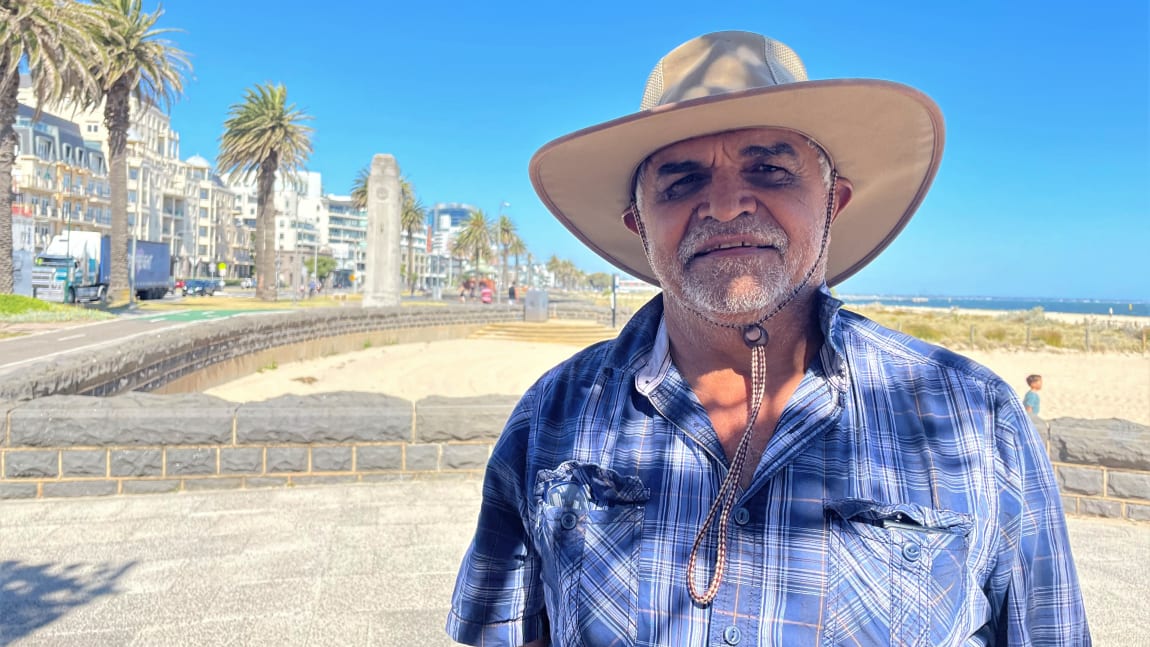Racial groups with an “historical disadvantage” to a longer life deserve retirement benefits earlier, a federal court in Australia heard on Monday.
The court was presented with the landmark case of a 65-year-old Indigenous Wakka-Wakka man, known in court documents as Uncle Dennis, who has argued that he should get state retirement benefits three years earlier because his life expectancy is shorter than non-Indigenous people.
The man filed a petition to receive his pension earlier, which was denied, leading to this week’s court battle. “There is a long historical disadvantage which is embedded structurally into Aboriginal and Indigenous society in Australia that is the direct cause of this life expectancy gap,” his lawyer Ron Merkel told the court. “The relief we’re seeking is to remove historical racial disadvantage and discrimination, to correct the wrongs of the past against Indigenous people… Those wrongs have produced a gap in life expectancy which is closely connected to race.”
On average, an Indigenous male Australian dies far earlier than a non-Indigenous Australian male, which led Uncle Dennis to petition the court to release his state pension funds three years earlier. The average life expectancy for Indigenous men is 71.6 years (75.6 years for females) compared to 80.2 for non-Indigenous men (83.4 for females), according to the Guardian citing the Australian Institute of Health and Welfare.
The case is the first in Australian federal court to tie race and life expectancy to equality through the country’s Racial Discrimination Act, which he argues is violated by not taking life expectancy into account.
Uncle Dennis argued to have his case heard by a federal court, telling a lower court he felt not recognizing racial differences should be illegal. “As an Aboriginal man, I’ve seen too many of my people dying at a very early age. We are lucky to get to 50 years old,” he said, according to the Human Rights Law Center of Australia. “White people are living longer because they haven’t lost what we have lost. This is about acknowledging what happened here. So many things that Aboriginal people are suffering from today, are because of how we have been treated since colonisation. Our language, our culture, our identity comes from this land. We didn’t have a problem, a problem came here.”
The case is being closely watched in other countries where Indigenous people have argued they have been treated unfairly. Nerita Waight, who heads the Victorian Aboriginal Legal Service, said that the federal government’s attempt at equalization through the so-called Close the Gap initiative has failed. “Our Elders deserve to retire in dignity and afford essentials such as housing, food and healthcare. The pension age should be lowered, so our people have a retirement which lets them properly care for themselves and their families, while Governments at all levels work to close the gap.”
When the federal court decided to hear the case, Uncle Dennis told reporters that this was not about money. “This is about telling the truth and doing what’s right,” he said. “If we don’t tell the truth we will never be free. Things will never get better unless we acknowledge something is wrong.”
This post originally appeared on and written by:
Barbie Latza Nadeau
The Daily Beast 2023-02-20 13:32:00

